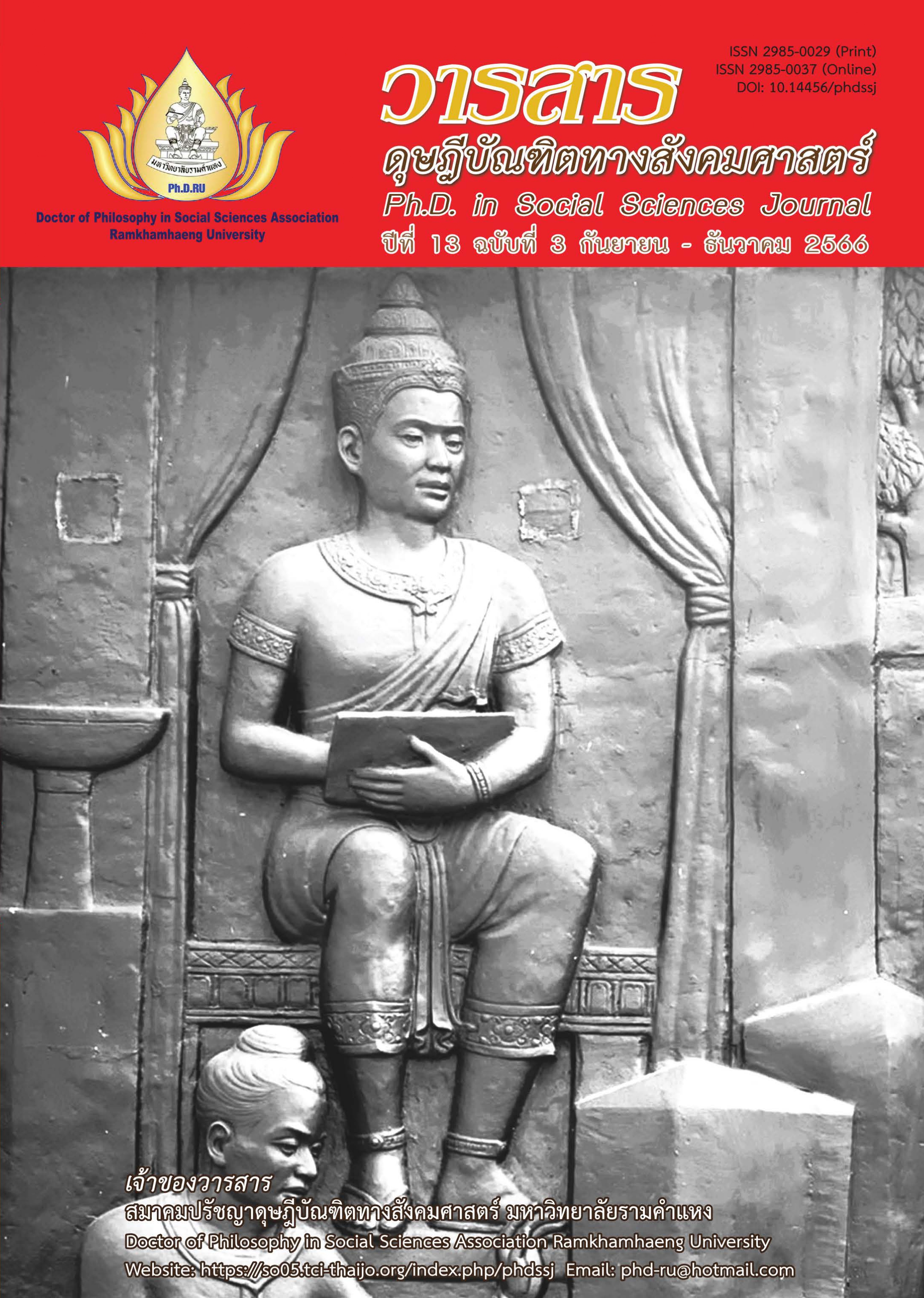The Development of Laws to Protect State Official Who are Whistleblowers in Corruption and Misconduct Cases
Main Article Content
Abstract
This academic article aims to analyze legal problems regarding the protection of state officials who are whistleblowers in corruption and misconduct cases by using utilitarianism, fraud triangle, hierarchy of needs theory, opportunity theory, principle of proportionality and non-discrimination principle. Including relevant legal principles of the United States, Commonwealth of Australia, and Republic of Korea as a framework for analysis.
Findings are as follows: Although the Organic Act on Anti-Corruption, B.E. 2561 stipulates that the state must have guidelines for organizing effective measures or mechanisms to strictly prevent corruption and misconduct. But at present, it is found that there are no clear legal measures to protect state officials who are whistleblowers in corruption and misconduct cases. Legal problems that directly affect the confidence of state officials who come to report whistleblowing are: delays in considering the transfer of state officials who are whistleblowers; Providing benefits or rewards to state officials who are whistleblowers; and Mandatory conditions and central standards for the protection of state officials who are whistleblowers. Therefore, solutions must be found and the development of such laws to be effective and build confidence in state officials who are whistleblowers in corruption and misconduct cases.
Article Details

This work is licensed under a Creative Commons Attribution-NonCommercial-NoDerivatives 4.0 International License.
Academic articles, research articles, and book reviews in the Ph.D. in Social Sciences Journal are author’s opinions, and not the publisher’s, and is not the responsibility of the Ph.D. in Social Sciences Journal Philosophy Association, Ramkhamhaeng University. (In the case that research is done on human, the researcher has to be trained in Ethics for Doing Research on Human Training and has to produce the evidence of the training).
References
Chantaravong, S. (2007). History of political philosophy vol. 2 (4th ed.). Kobfai. [In Thai]
Chanthanarot, A. (2020). Discrimination on the ground of “any other grounds” according to the Constitution of the Kingdom of Thailand B.E. 2560. The Journal of Law, Public Administration and Social Science School of Law, Chiangrai Rajabhat University, 4(1), 35-56. [In Thai]
Hongthong, N. (2021). An analysis of Maslow’s concept of human’s needs through a Buddhist perspective. Panithan Journal, 17(2), 121-151. [In Thai]
Kamprasert, D. (1999). History of law (5th ed.). Ramkhamhaeng University Press. [In Thai]
Na Nakorn, K. (2018). Law of criminal procedure (9th ed.). Winyuchon. [In Thai]
Office of the Administrative Courts. (2005). Principle of proportionality. Author. [In Thai]
Office of the National Economics and Social Development Council. (2022). Corruption perception index 2021. Retrieved from https://www.nesdc.go.th/ewt_news.php?nid=7433&filename=anti_coruption [In Thai]
Patramontree, U. (2009). Modern internal auditing (3rd ed.). Chamchuree Products. [In Thai]
Posttoday. (2018). Open the minds of “anti-corruption students” to dissect the process of defrauding the poor. Retrieved from https://www.posttoday.com/social/general/541924 [In Thai]
Prachathai. (2020). More than 5,000 names join the NACC before “Moo Arm” comes in to demand progress in witness protection tomorrow. Retrieved from https://prachatai.com/journal/2020/06/88026 [In Thai]
Traimas, C. (2020). Applying moral principles and good practices against corruption in administering Public Organizations. Damrong Rajanubhab Journal, 20(61), 1-20. [In Thai]


